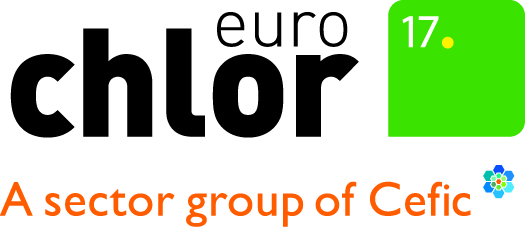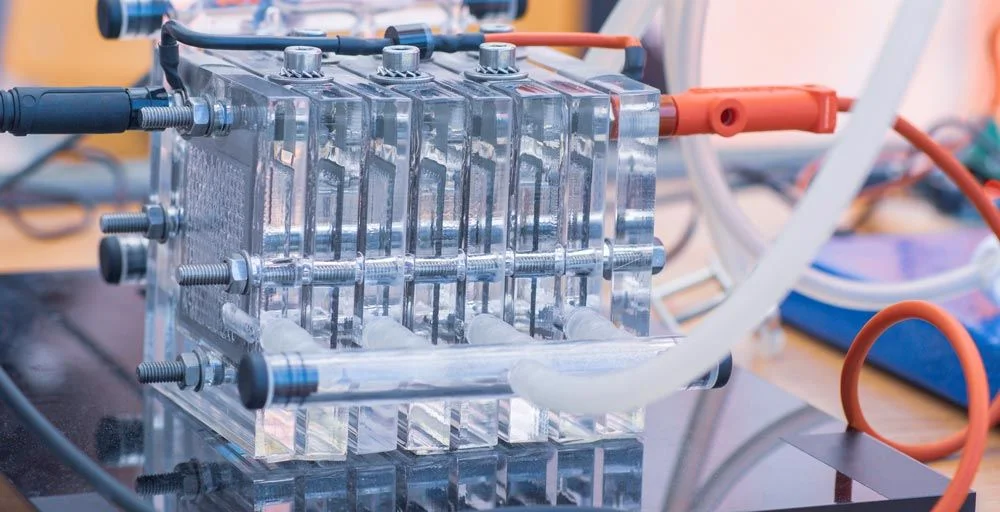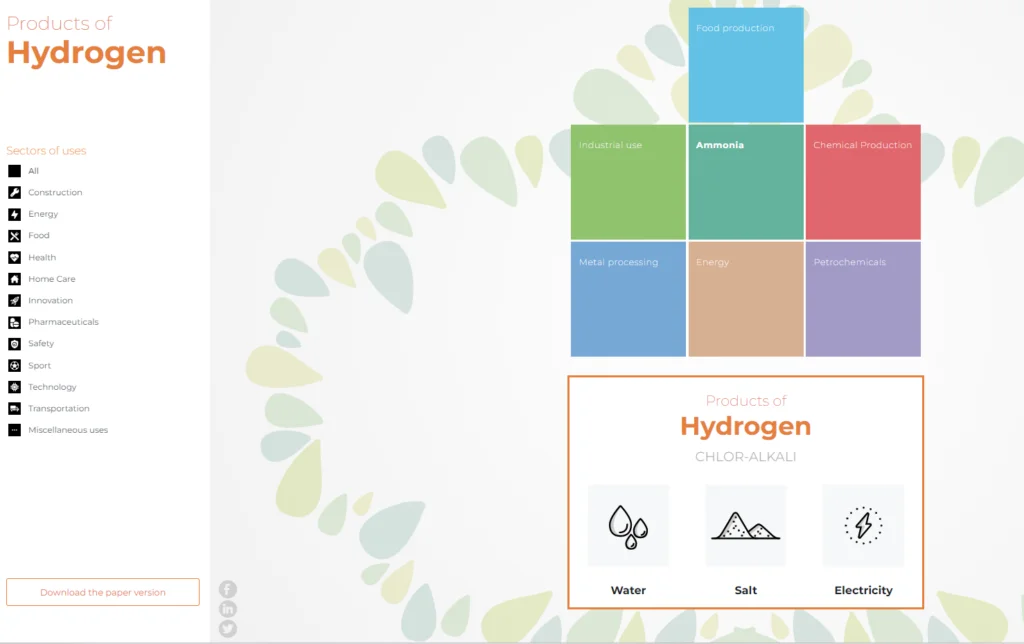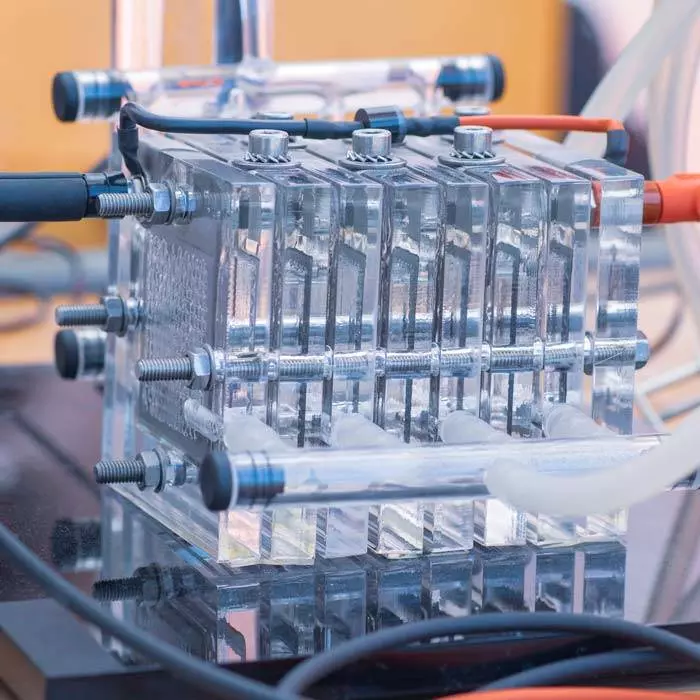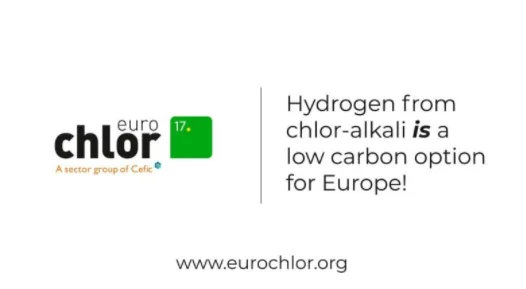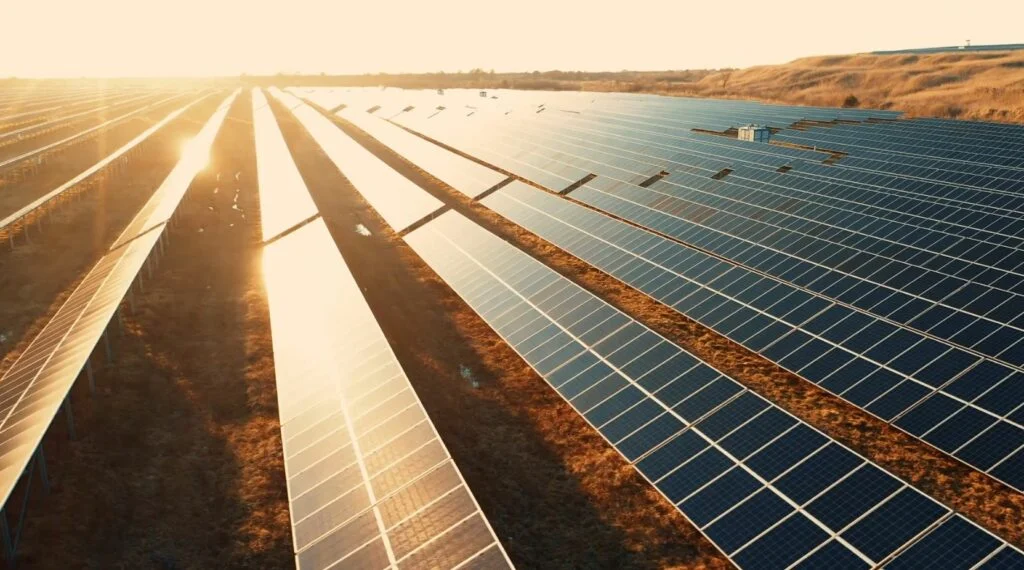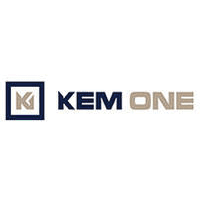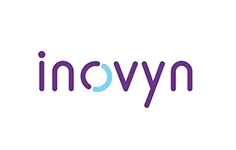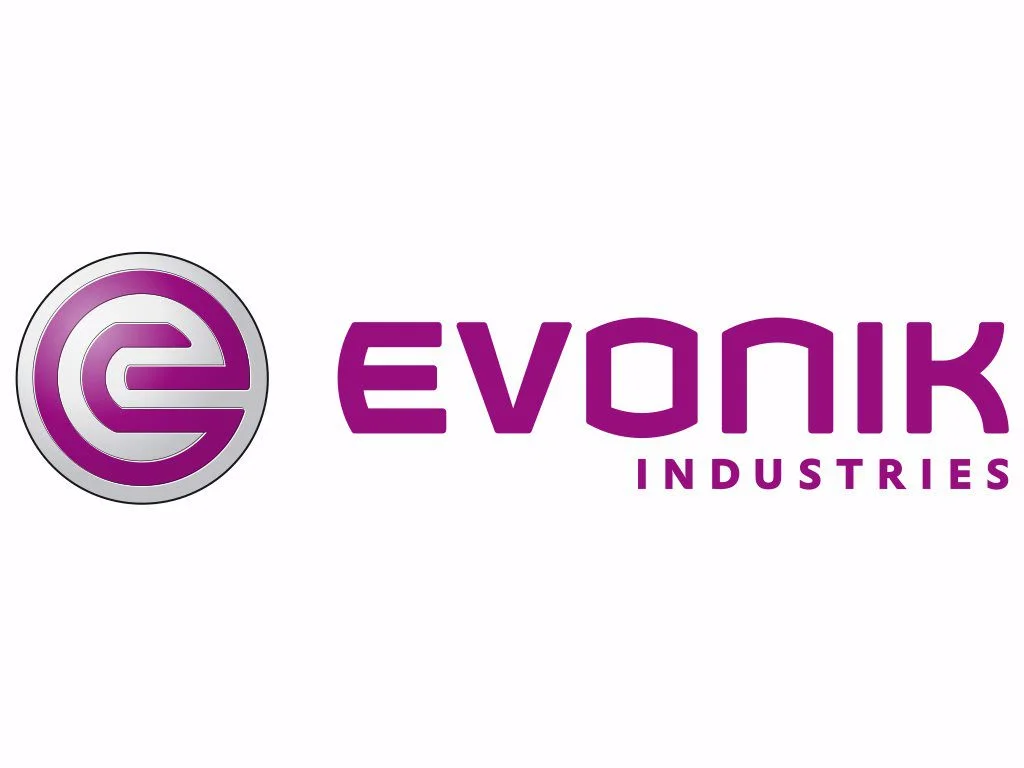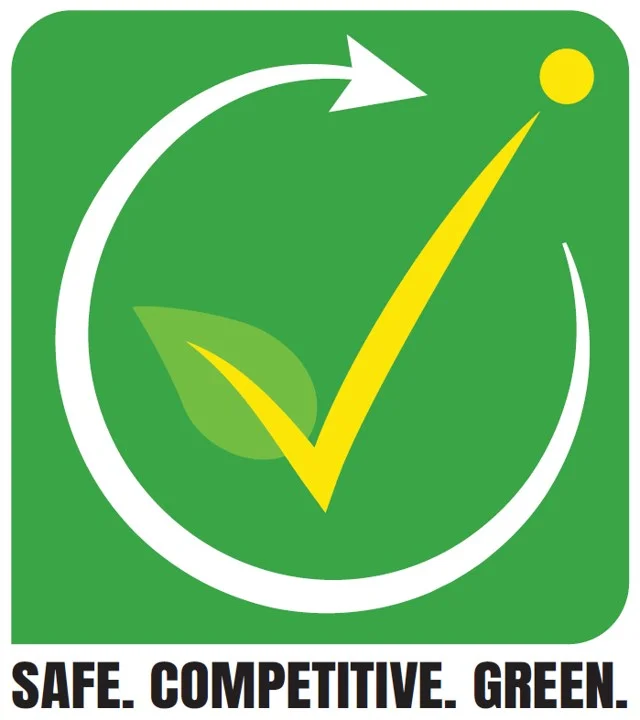What is hydrogen?
Hydrogen is a combustible gas that can be used in various chemical processes such as the production of methanol, hydrogen peroxide and ammonia.
It may also be a potential energy carrier for the future of Europe.
When our industry makes chlor-alkali, we can also make hydrogen via the electrolysis process.
In 2018, 80% of the excess hydrogen produced by chlor-alkali manufacturers is mostly used as an energy source on site. As part of our Mid-Century Strategy, we are aiming to use 100% of the hydrogen produced so that this important resource is not wasted.
Whilst there are challenges with utilising hydrogen, there are many possible uses including:
- Powering vehicles in and around the production sites;
- Making steel;
- As a chemical building block;
- To store energy for use when renewable energy availability is low.
More details on this can be found in our Focus on Chlorine Science.
The chlor-alkali way of making hydrogen compares favourably with other ways of producing hydrogen, as detailed in this infographic.
Euro Chlor members produce low-carbon, high-purity hydrogen via an alkaline water electrolysis process. Our hydrogen is also renewable when produced by renewable electricity.
More information on our hydrogen is explained in our video.
Discover our other hydrogen resources via the links below.
